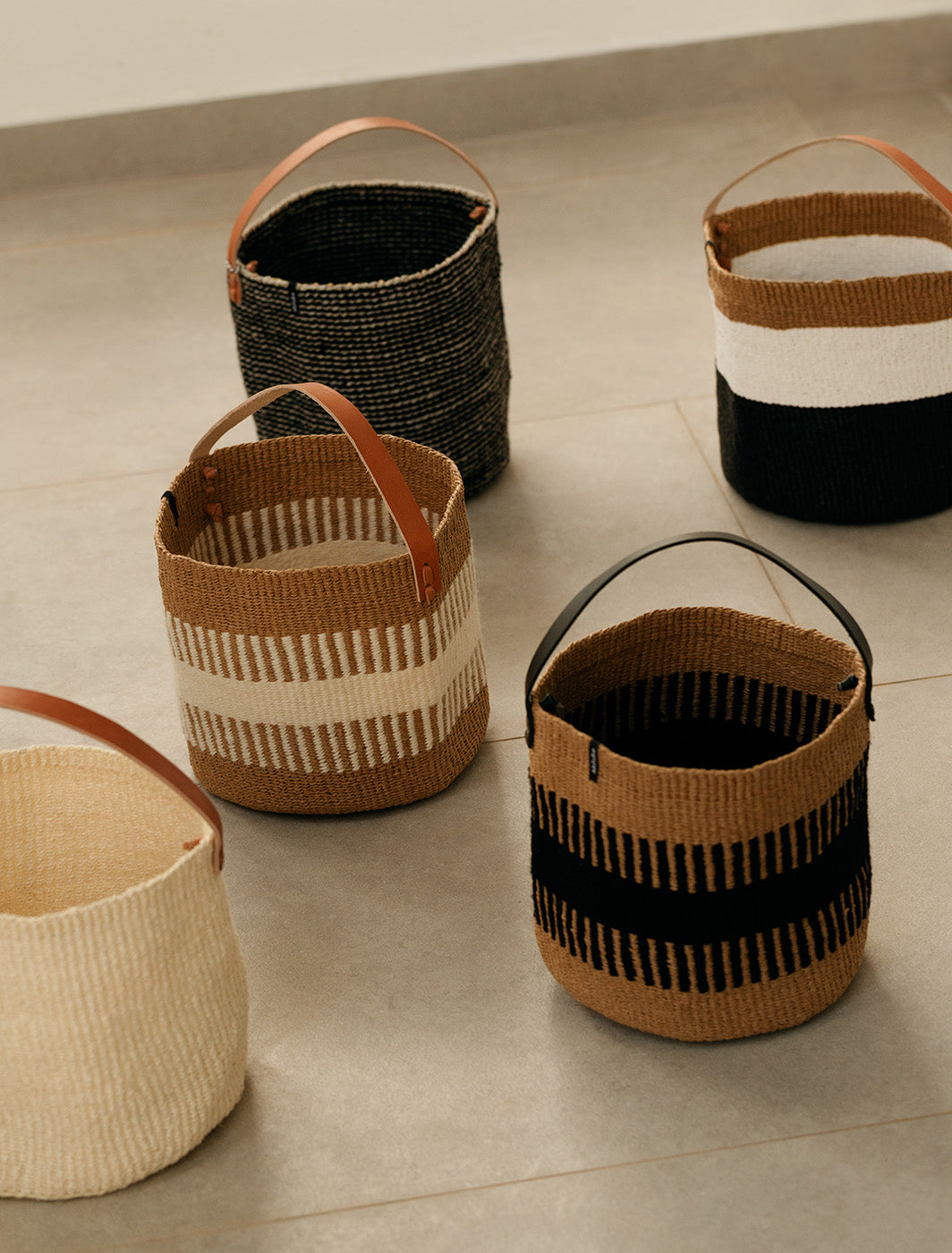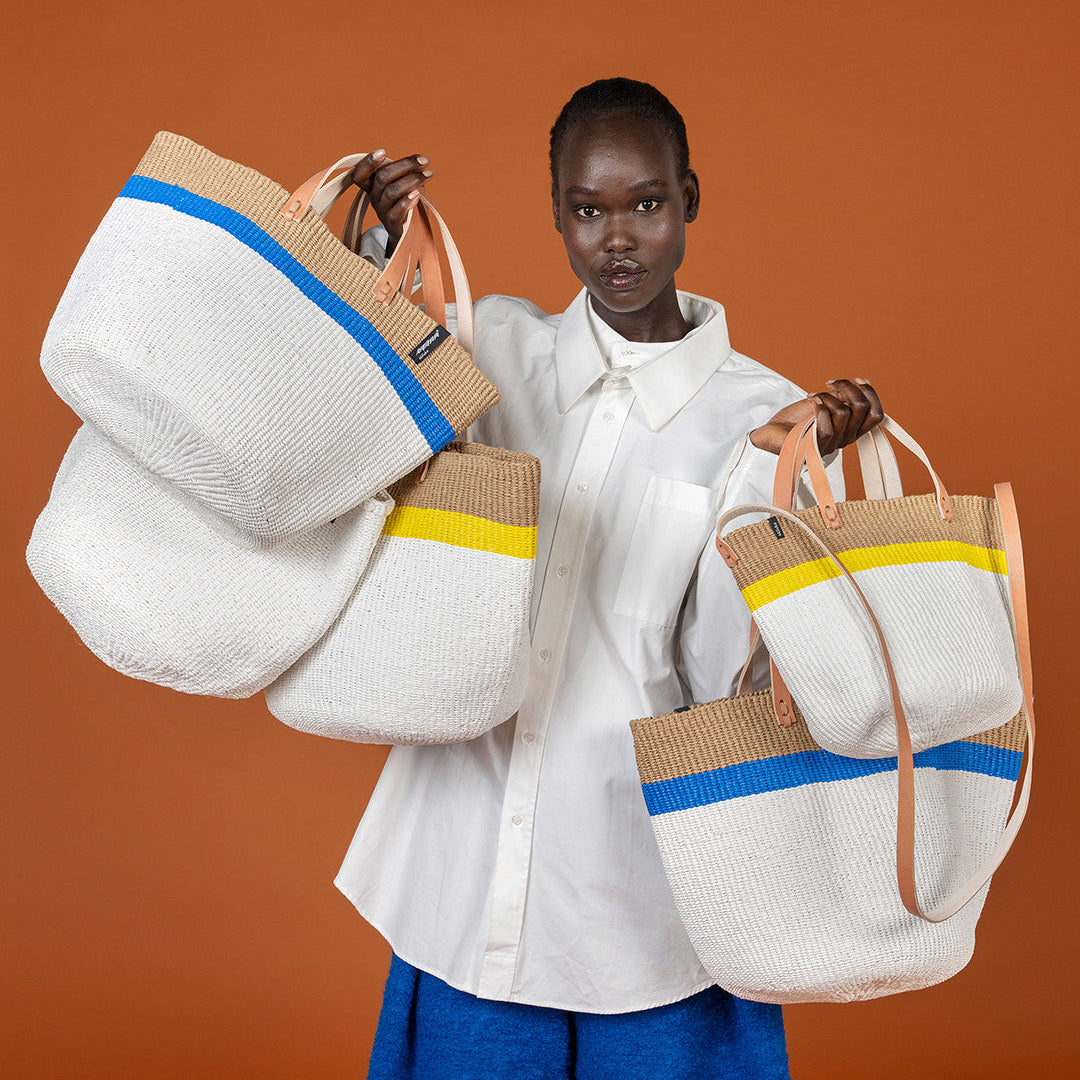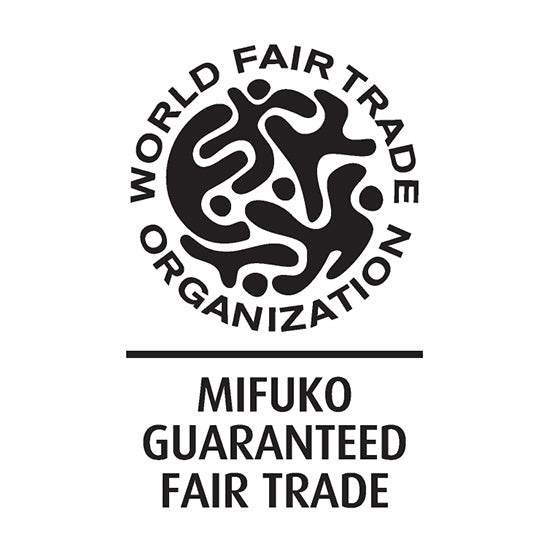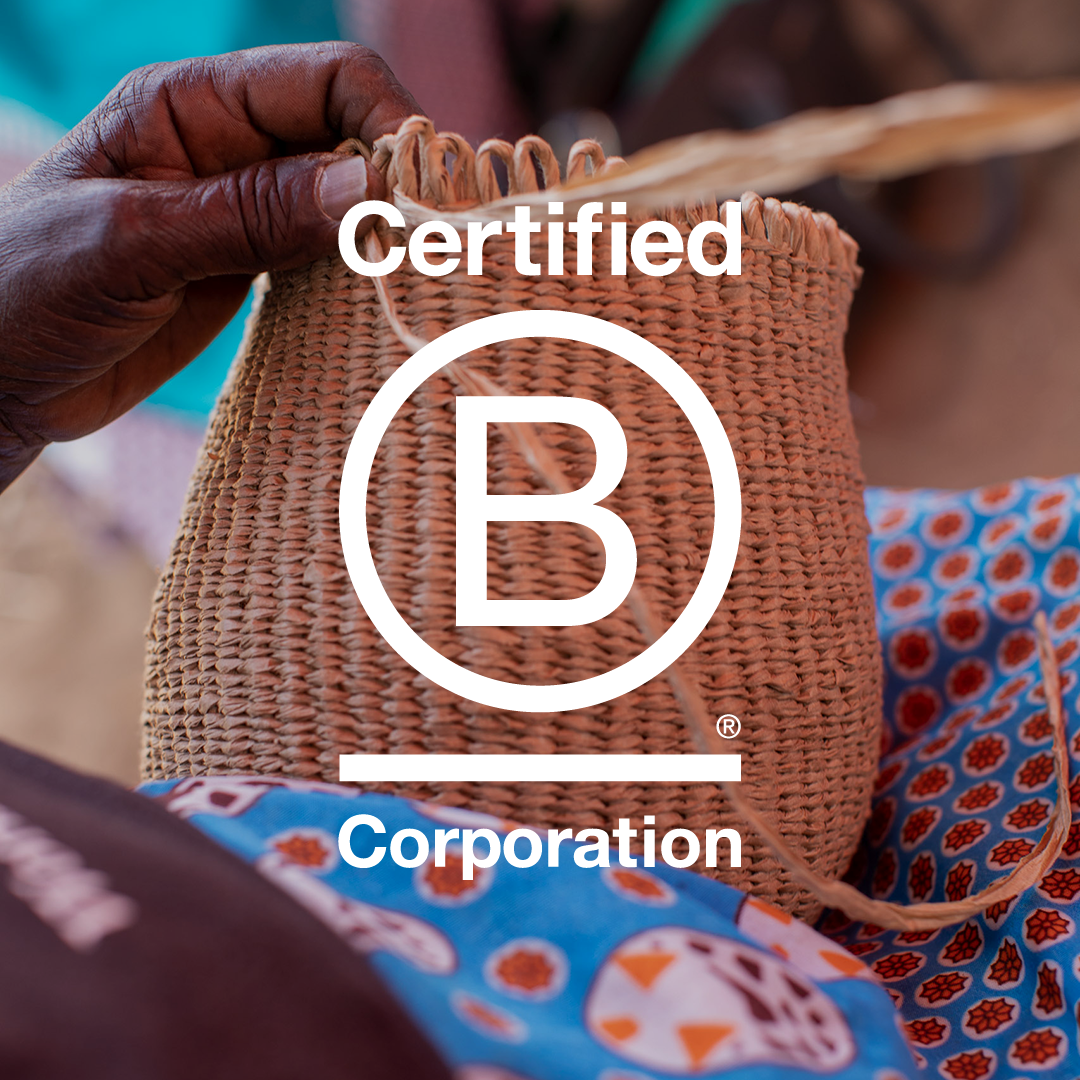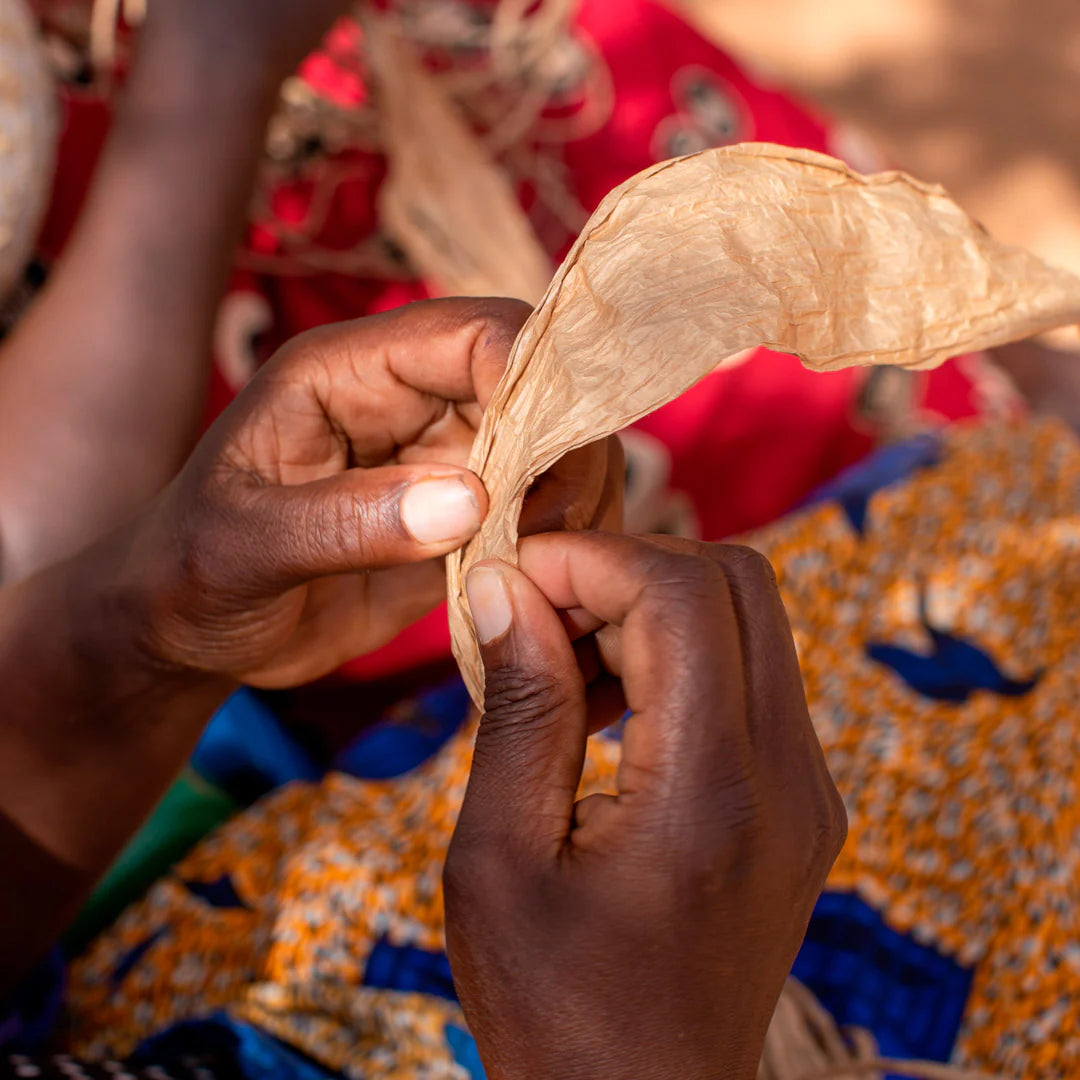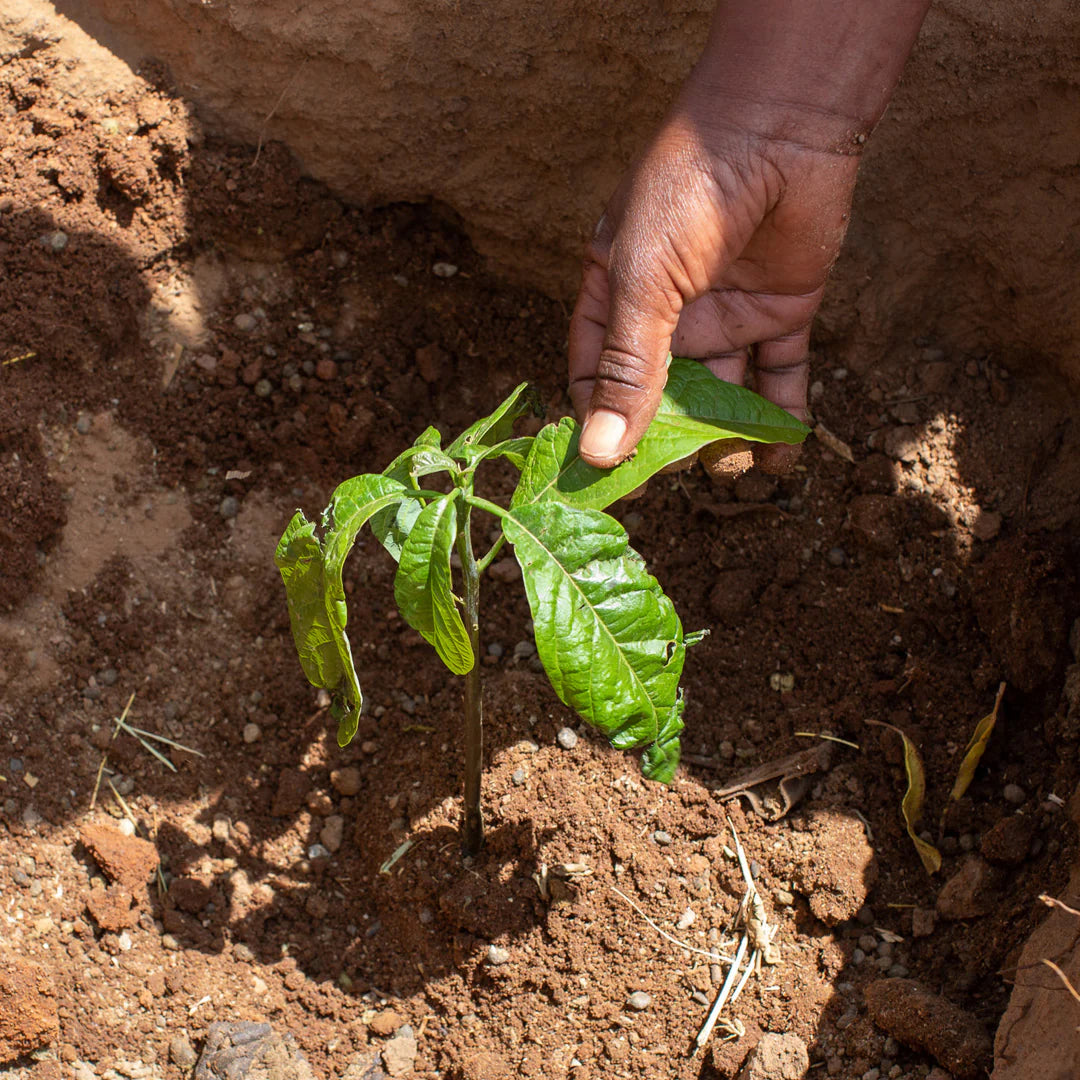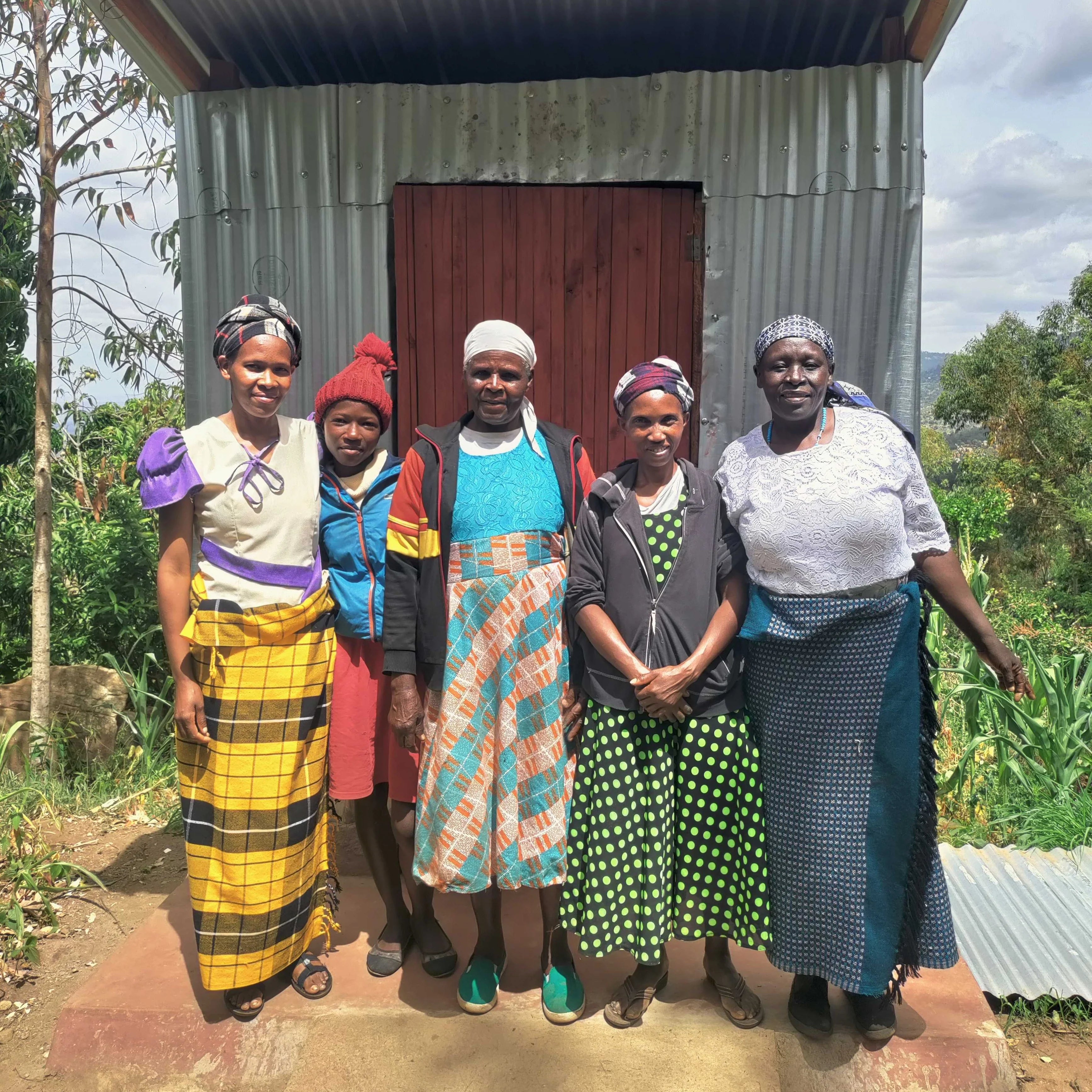Mifuko blog
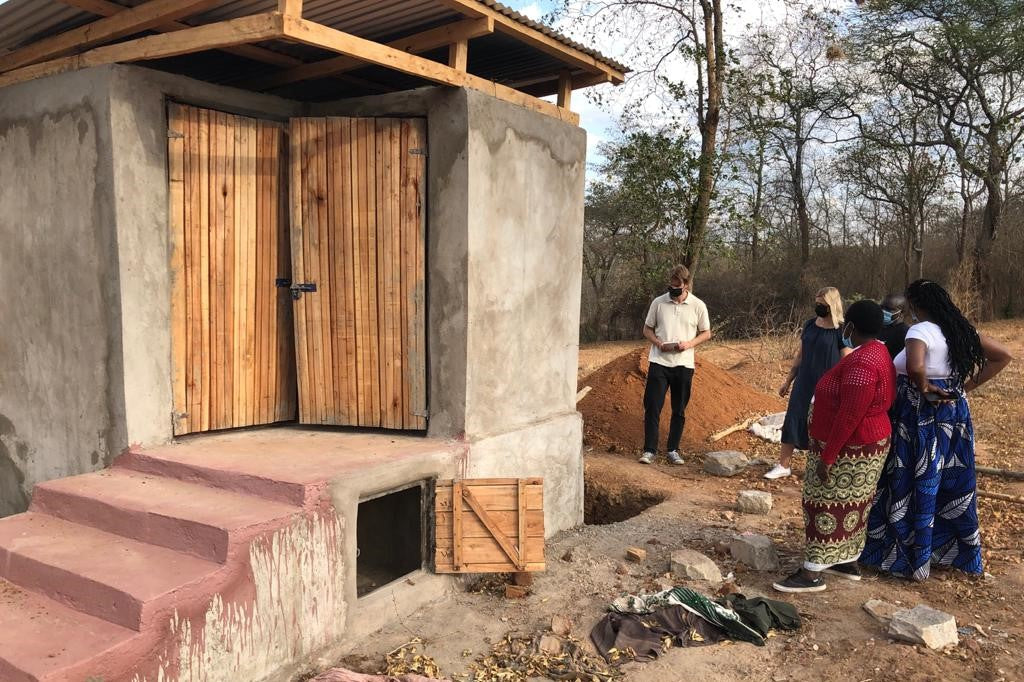
Wash & Grow! volunteer Henrik shares his project experience.
As the first volunteer worker for our Wash and Grow! project, in this blog Henrik shares his insights on the necessity and importance of the project.
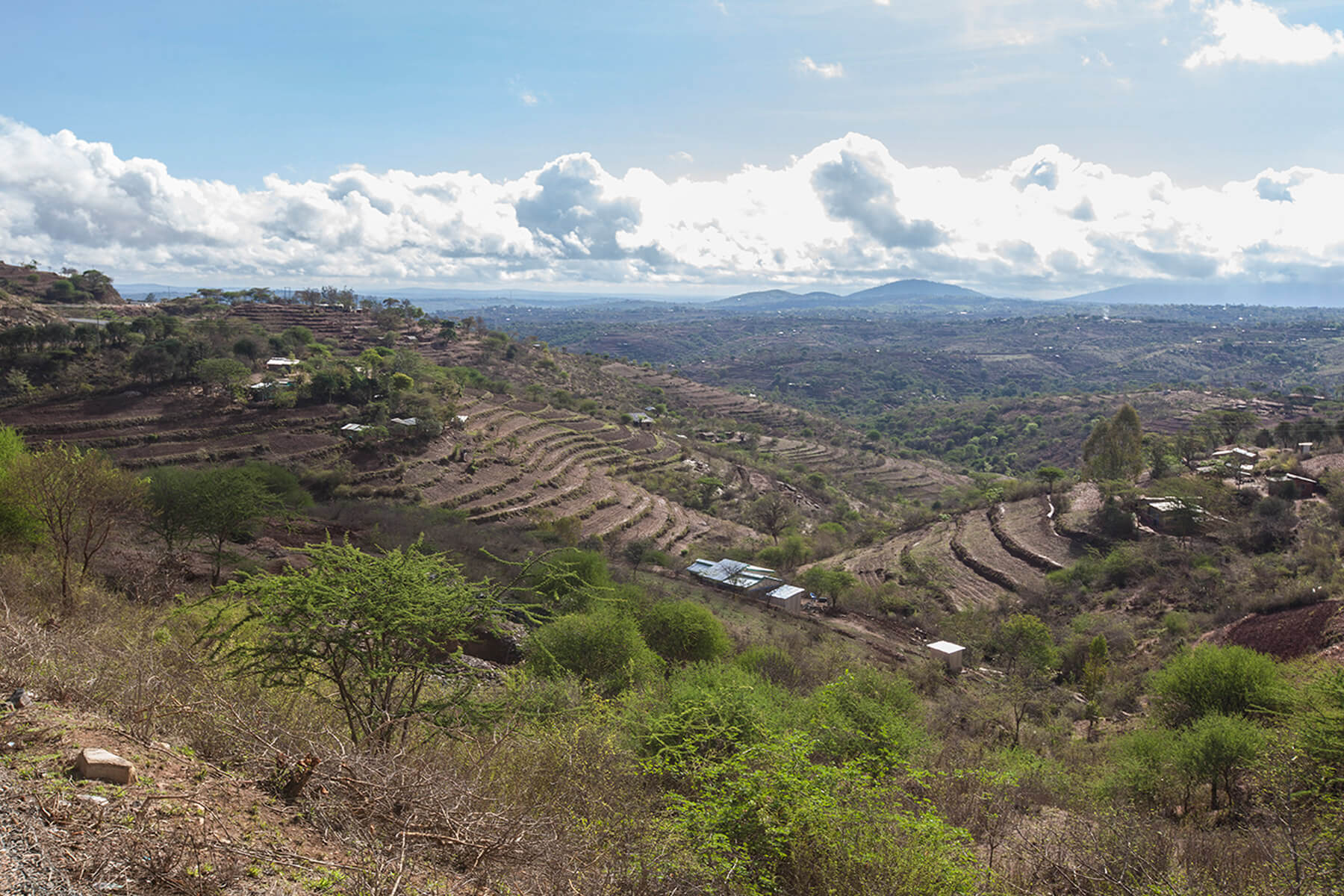
Press release COP21
Fair Trade organizations urge inclusion of smallholder farmers and workers in climate solutions as global focus on climate crisis intensifies ahead of COP26.
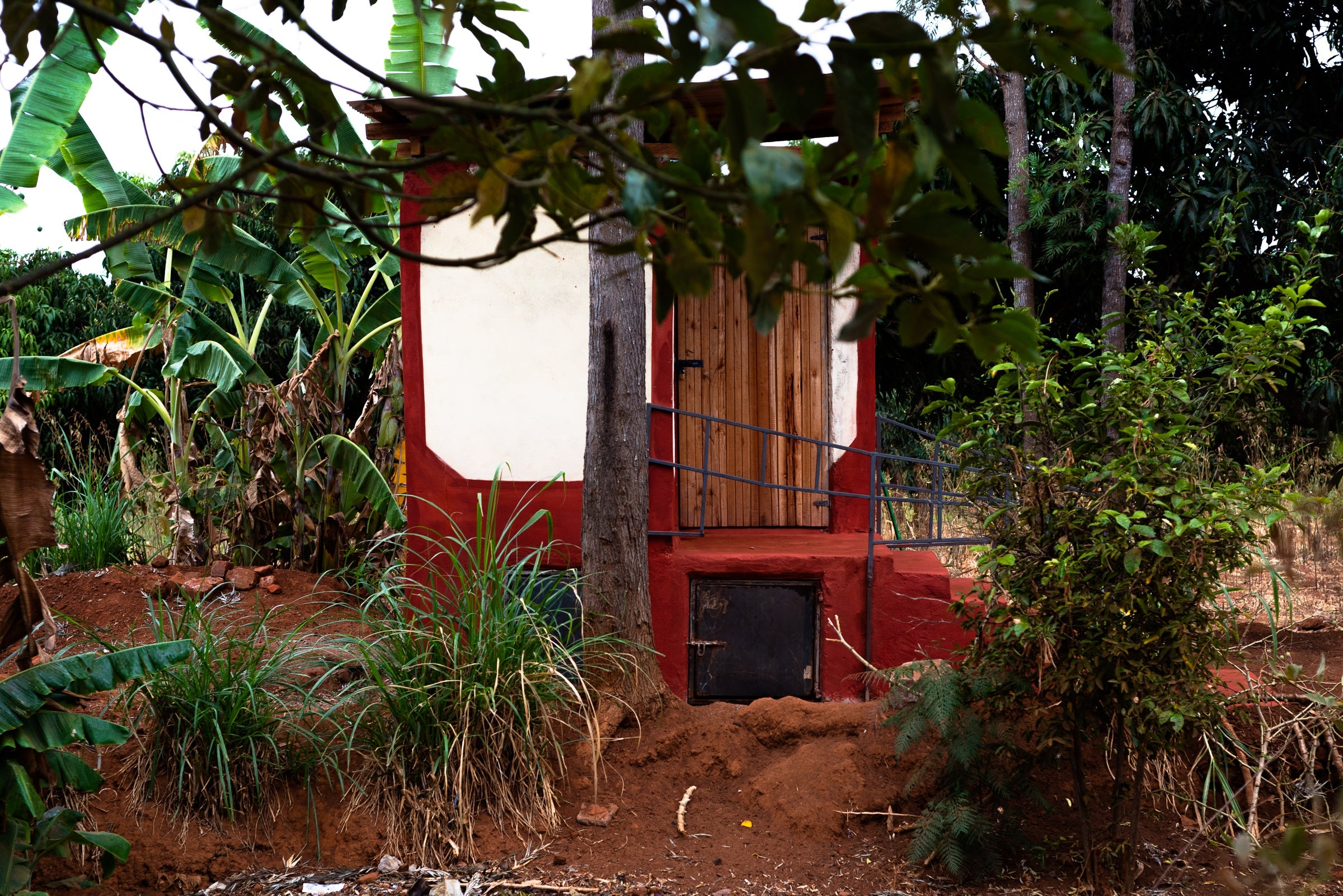
Wash and Grow! project is on track!
Mifuko Trust’s Wash and Grow! was launched in January 2021. In this blog we will share news and our achievements so far this year.
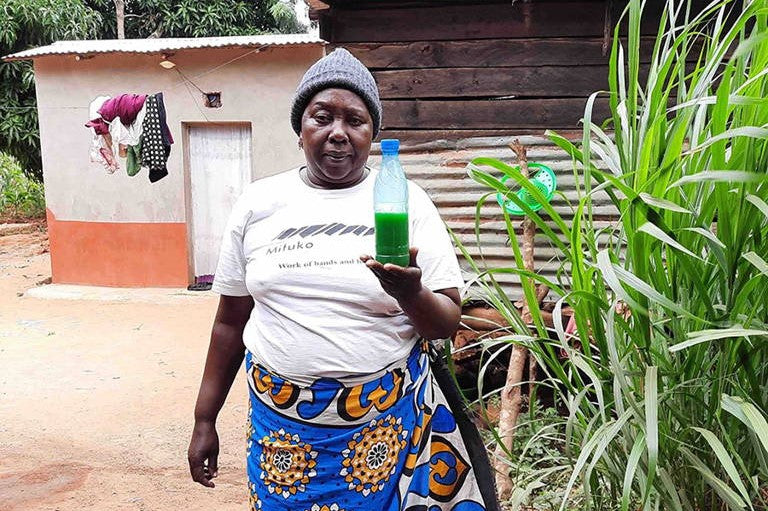
Dorcas learns to make soap
Dorcas attended training on hygiene and soap-making organized by Wash and Grow! Project. Here, we interview her about her experience.
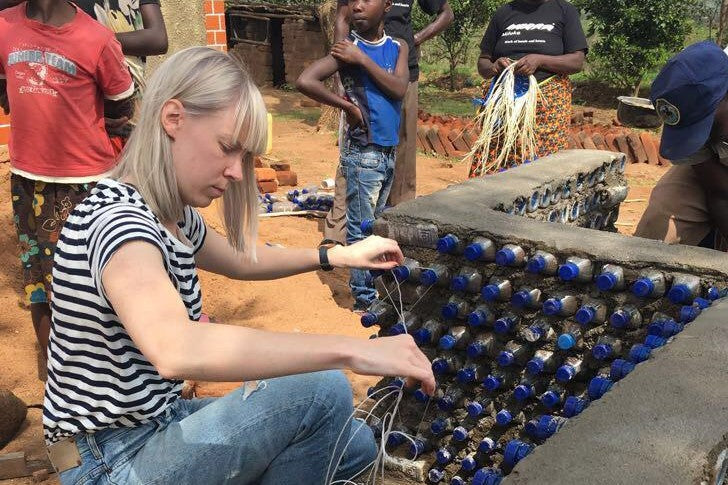
Women Inspiring Women
Mari Martikainen interviews Jane Mutala, Chairperson of the Mifuko Women Development CBO and Vilma Autio, previous Chairperson of Mifuko Trust.
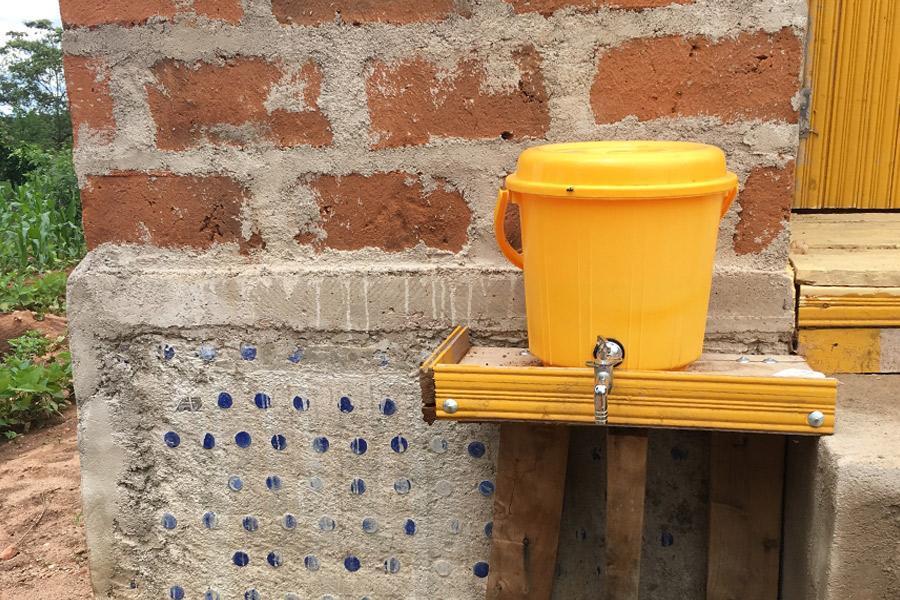
artisans
Mifuko Trust trains soap-making
Poor hygiene and sanitation conditions were brought up by women in Makueni and Machakos as a major challenges in everyday life. In May, 20 women will be trained in hygiene and soap-making.
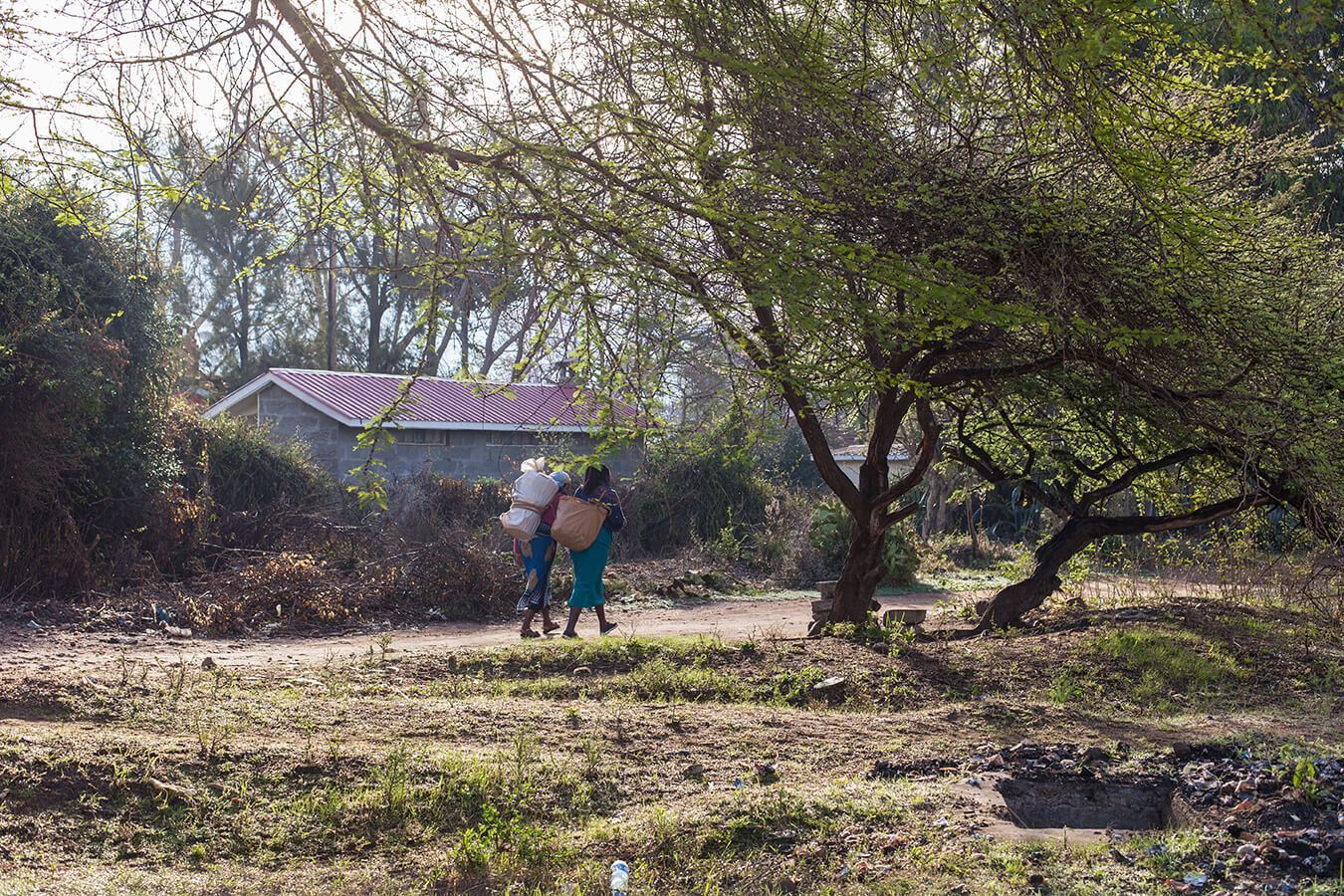
Covid-19
We are living in challenging times and the biggest challenge for many is the uncertainty. Income from Mifuko has also helped our artisans to maintain their family businesses.
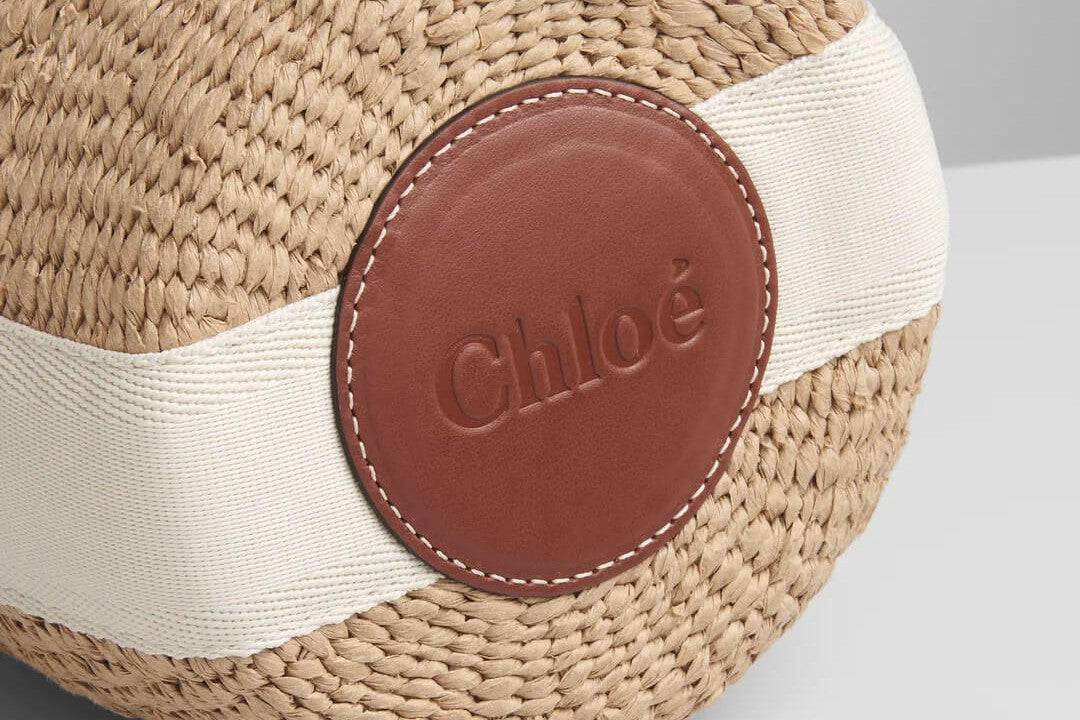
Chloé x Mifuko
French fashion house Chloé turns Finnish design and Kenyan craft into high fashion with two new basket collections.
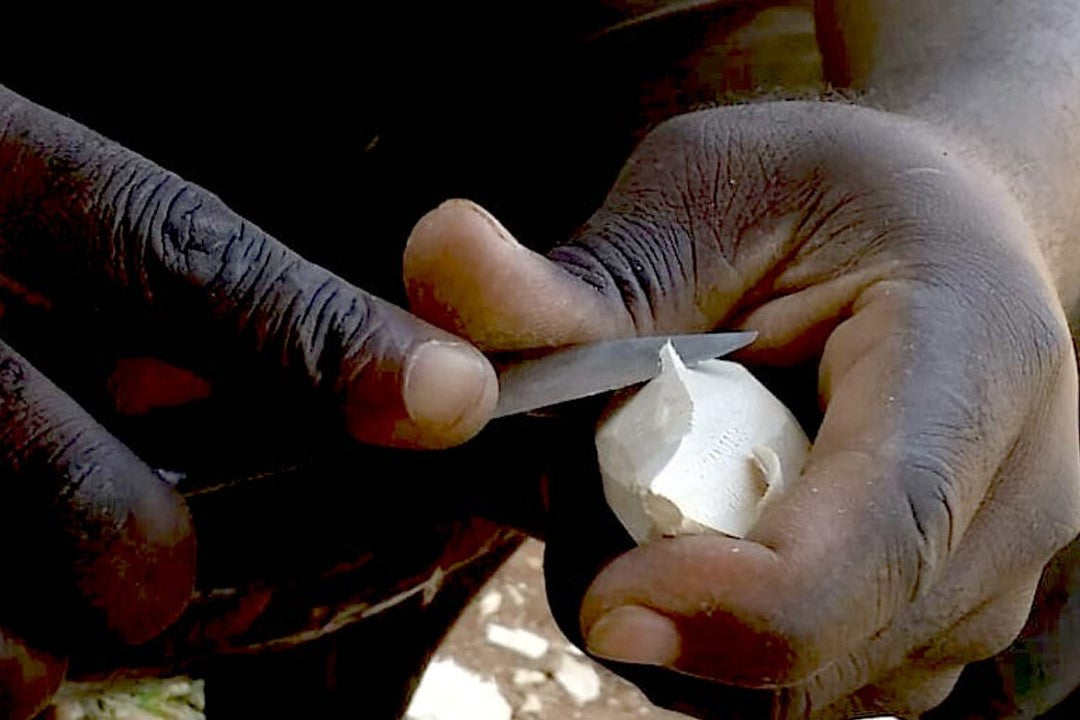
Our wooden dove and stars are created in partnership with MADE51
From our collection you can find ornamental wooden birds, that have been carved from fast-growing locally sourced Jacaranda wood by Kapya and his team.

